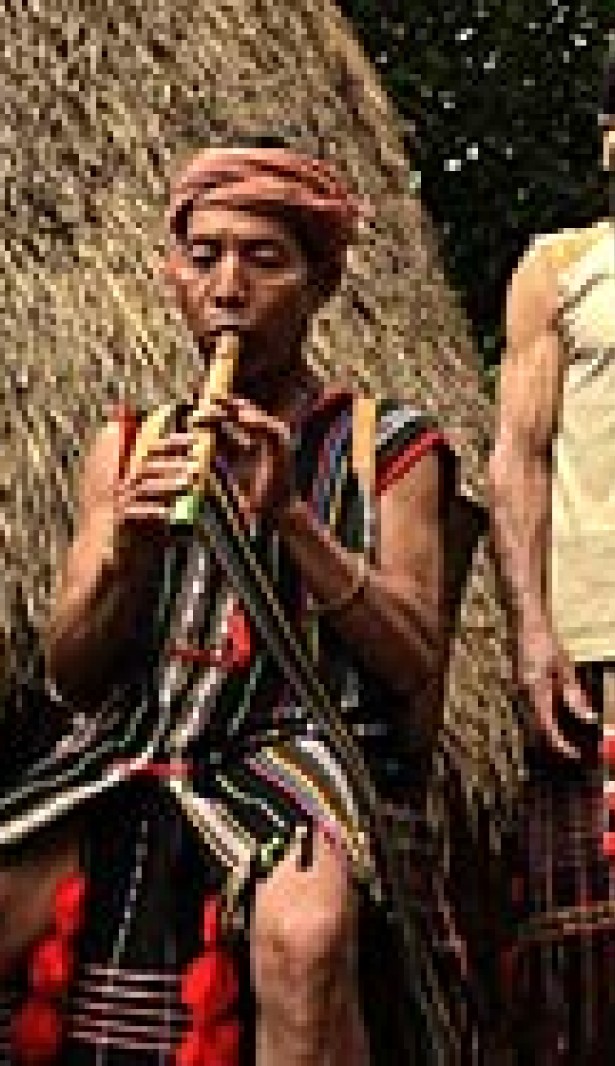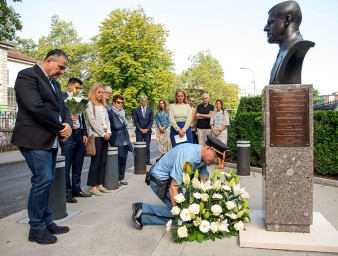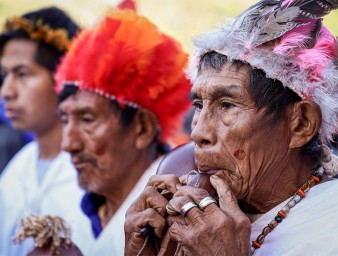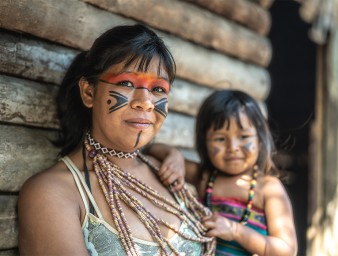UN experts highlight pressing issues ahead of the first indigenous peoples’ world conference
03 October 2013
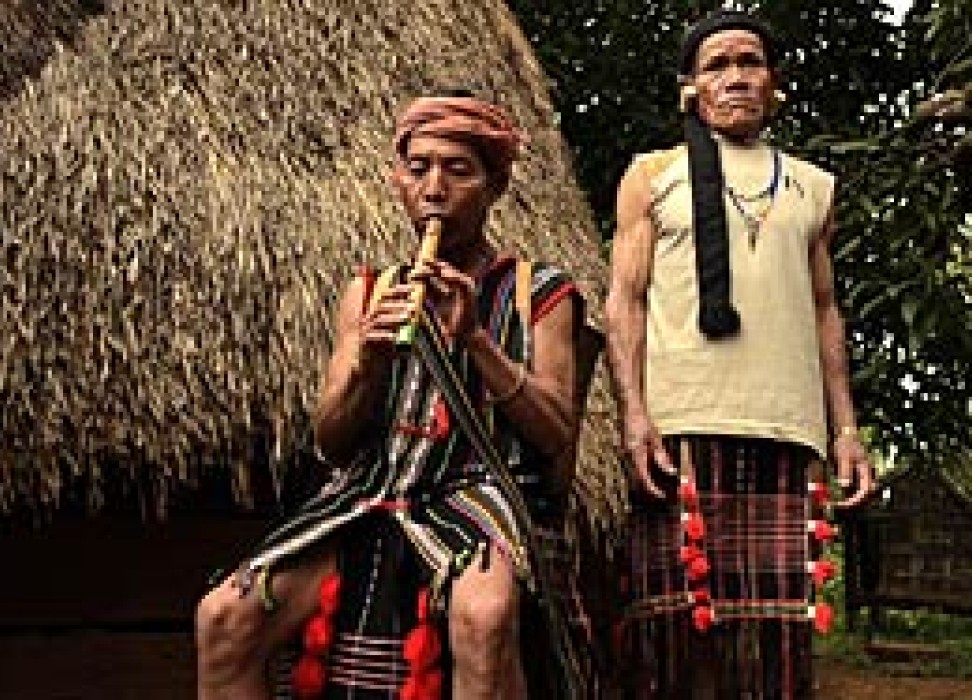
“The adoption of the [UN Declaration on the Rights of Indigenous Peoples] marked a historical moment of recognition of the existence of indigenous peoples who are characterized by distinct cultural identities, and who have suffered and in many ways continue to suffer, widespread and systematic deprivation of their human rights,” said James Anaya, UN expert on indigenous peoples rights.
The Declaration set the international standards for the promotion and protection of indigenous peoples’ rights. Anaya, who was appointed a year after the Declaration’s adoption in 2007, said he had witnessed indigenous peoples striving to realize the Declaration’s vision amid daunting challenges, among which were threats to lands and resources by extractive companies, as detailed in his reports.
Chief Wilton Littlechild, Chairperson Rapporteur of the Expert Mechanism on the Rights of Indigenous Peoples, noted that the latest study conducted by the body outlined the issues, challenges and barriers linked to indigenous peoples’ access to justice in truth and reconciliation processes and other contexts, including for women, children, youth and persons with disabilities.
“The Study also notes that indigenous peoples have faced considerable challenges in obtaining national and international respect for their right to self-determination due to State fears that recognition could undermine State authority,” Littlechild said. “One remedy to this is to reference jurisprudence that recognizes the collective legal personality of indigenous peoples and their communities.”
Speaking on behalf of the Board of Trustees of the United Nations Voluntary Fund for Indigenous Populations, Legborsi Saro Pyagbara noted that the Fund was created in 1985 to respond to the needs of indigenous peoples to participate in the work of the United Nations. He stressed that the participation of indigenous peoples in UN mechanisms could make a strong contribution to the realization of their rights. However, a shortfall of funding could jeopardize their participation.
“The increasing demands for financial support due to the expansion of the mandate of the Fund to cover new human rights mechanisms and the 2014 World Conference on Indigenous Peoples require substantial additional funding,” Pyagbara stressed. “The truth is that the uncertainty about contributions has impacted the delivery of our mandate, what has been directly felt by indigenous peoples, who are among the most marginalized and disadvantaged peoples across the globe.”
Before the discussion by the UN mandates on the rights of indigenous peoples, the Human Rights Council held a panel on cross-cutting human rights themes to be discussed at the World Conference on Indigenous Peoples.
The UN Deputy High Commissioner for Human Rights, Flavia Pansieri, had also stressed the importance of the participation of indigenous peoples themselves in the conference.
“Thanks to the tireless advocacy of indigenous representatives and their allies and partners in governments and elsewhere, indigenous peoples’ rights have gradually moved from obscurity to visibility in the UN, and the adoption of the Declaration has further stimulated this process,” she said.
She stressed that the World Conference would also be an excellent opportunity to encourage comprehensive strategies or national action plans devoted to the implementation of the Declaration on the Rights of Indigenous Peoples.
Referring to development issues and in particular the new framework that would replace the UN Millennium Development Goal once their 2015 target date had been reached, she added that “the World Conference can provide an important boost to these efforts, and encourage attention to indigenous peoples in the post-2015 development agenda and other key contexts.”
3 October 2013
